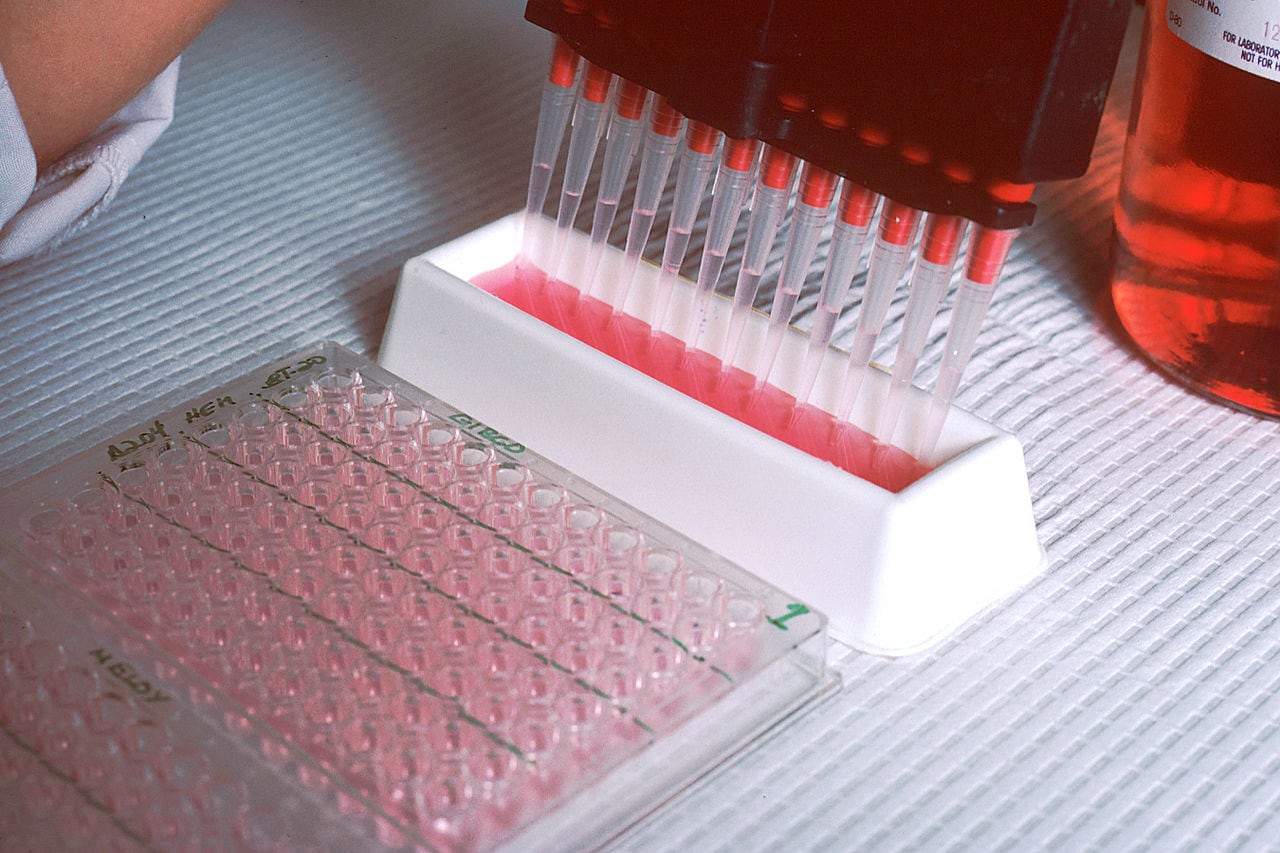To prepare for the future is to anticipate nightmares.
Starting in 2017, the Defense Advanced Research Projects Agency, the Pentagon’s in-house blue sky projects wing, launched the Pandemic Prevention Platform (P3) program, with an explicit goal of creating new medicine to treat a known or novel infection threat within 60 days of that threat being identified, so that the United States can “keep the outbreak from escalating and decrease disruptions to the military and homeland.”
Now, that P3 program could play a role in ultimately bringing about an end to the disruptions caused by COVID-19.
These disruptions have impacted the military, with everything from strained telework resources to canceled exercises to actual infections among servicemembers. And those disruptions are impacting civilian life, too. The CDC recommends as of March 16, 2020, that in-person events that consist of 10 people or more throughout the United States be canceled or postponed because of the strain that new infections of COVID-19 can put on the existing medical system.
As a rule, DARPA seeks to direct its funding to problems that have not yet been solved by other means, and part of the spark behind the Pandemic Prevention Platform was an acknowledgement that, in the face of outbreaks like Zika, H1N1 influenza, and Ebola, “state-of-the-art medical countermeasures typically take many months or even years to develop, produce, distribute, and administer.” That kind of delay means a solution arrives only after an outbreak.
One of the companies awarded contracts by DARPA was AbCellera, which through the program refined its approach to the discovery and manufacture of antibodies that are most effective against a novel infection.
“Through the P3 program, DARPA has set a bold vision to establish effective response capabilities for viral threats,” said Carl Hansen, founding CEO of AbCellera, when DARPA announced that the company had been awarded a contract under the P3 program in March 2018. Hansen cited the danger of the then-recent Ebola and Zika pandemics, saying those outbreaks “have made it clear that we are not equipped to deal with viral pandemics.”
While DARPA projects often anticipate the future, it has been a fast turnaround from anticipating greater pandemics in 2017 and 2018 to tackling one in 2020. AbCellera announced it is partnering with Eli Lilly to develop and manufacture an antibody treatment that can bind and neutralize COVID-19, reports Genetic Engineering & Biotechnology News.
That work will involve winnowing down which of over 500 varieties of antibody is the most effective, and then ideally mass producing the result to have a treatment deliverable to patients and hospitals in the next four months.
Anticipating disease, and developing treatments rapidly, is a hard problem.
If a treatment can be engineered at the speed promised, DARPA’s work in the past to anticipate nightmares may be essential to ending one in the present.
Kelsey Atherton blogs about military technology for C4ISRNET, Fifth Domain, Defense News, and Military Times. He previously wrote for Popular Science, and also created, solicited, and edited content for a group blog on political science fiction and international security.







